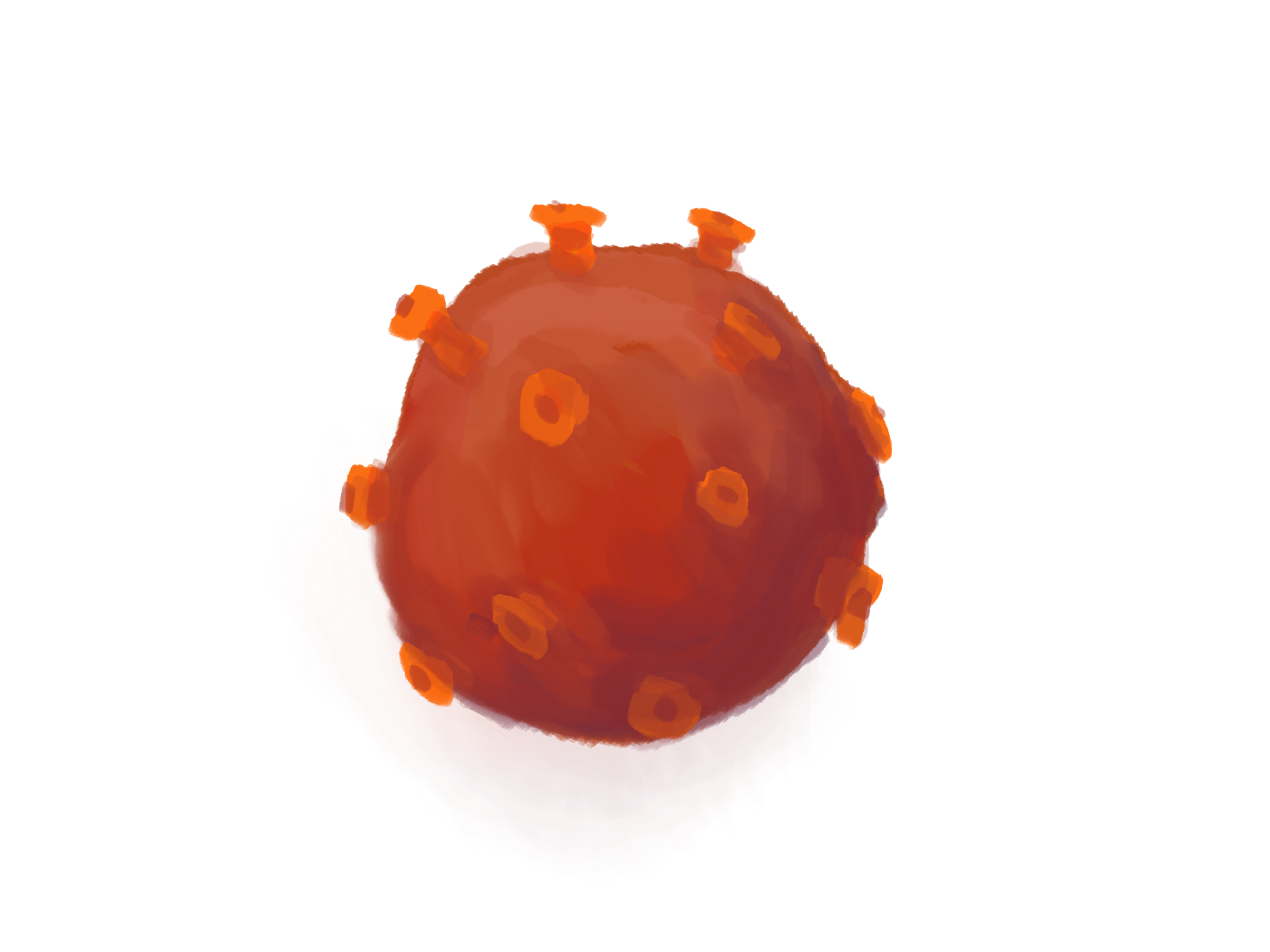Positive Impacts on the World
Although relatively new, CRISPR has already accomplished quite a few feats and is a promising solution to several problems.
-
Malaria
-
CRISPR has been used to delete the malaria genes in mosquitos, eliminating the disease in 99 percent of their offspring. As a result, their inability to transfer malaria to humans can greatly reduce the rate of malaria worldwide.
-
Alzheimer's disease
-
CRISPR has helped develop tools to identify the genes that cause neurodegenerative diseases such as Alzheimer's and Parkinson's, which millions suffer from. This information may lead to new treatments for these brain disorders.
-
HIV
-
The genes of the HIV virus have been successfully removed from an infected patient by CRISPR. This opens up new research into removing the genes of viruses that cause other diseases such as herpes or hepatitis.
-
Drug Development
-
As with any new technology, new innovations will spring from it too. Drug companies have already begun making CRISPR-based drugs to treat heart disease and dizziness.
-
Meat
-
In China, CRISPR has been used to delete genes that would have reduced muscle and hair growth in livestock, allowing them to grow bigger than normal. This results in larger livestock, resulting in more meat and other products. -
Crops
-
CRISPR could edit the genes of agricultural crops to become more resistant to insects, weather, bad soil, and other obstacles. Stronger crops result in more food, helping to solve world hunger.
-
Cancer
-
By modifying our immune cells, CRISPR can make them more effective and responsive to cancer cells. For example, we could edit our immune cells to be able to recognize a cancer cell and destroy that specific cancer cell without damaging the healthy ones. -
Plastic
-
CRISPR could replace our peutroleum-based plastics. Scientists have used CRISPR to create bioplastic with a method that uses yeast that turns sugars into hydrocarbons to make plastic, an environmentally-friendlier option than using petroleum.

